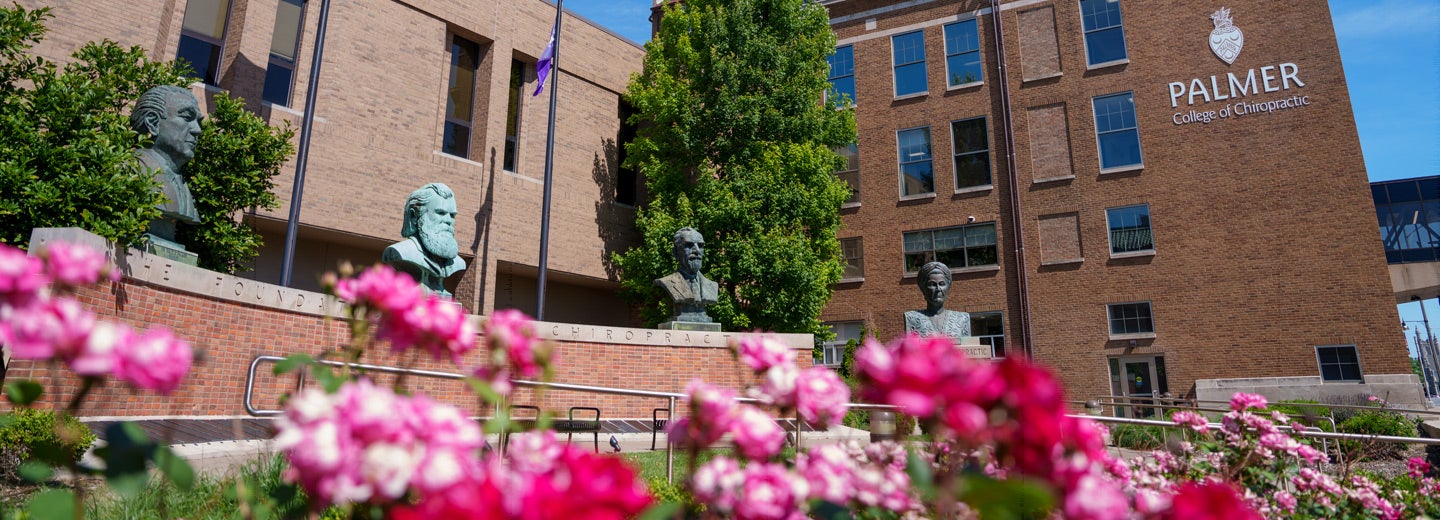The College seeks to foster a teaching and learning environment that not only supports the academic development of our students, but also the development of professional ethics whereby students are expected to demonstrate personal integrity through moral decision-making and accept responsibility for the consequences of their actions. As such, each student must take personal responsibility to know and comply with the Student Code of Ethics.
Students must assess and regulate their own behavior and hold themselves and each other accountable for the responsibilities and privileges afforded to them.
When a student’s behavior is not consistent with the College’s expectations, such behavior may be reported to the Office of Compliance.
Fundamental Values of Academic Integrity
Palmer College is an institutional member of the International Center for Academic Integrity (ICAI) which was founded to combat cheating, plagiarism and academic dishonesty in higher education and whose mission is to cultivate integrity in academic communities throughout the world.
The ICAI defines academic integrity as a commitment, even in the face of adversity to five fundamental values; honesty, trust, fairness, respect and responsibility, plus the courage to act on them even in the face of adversity. The ICAI defines courage as an element of character that allows learners to commit to the quality of their education by holding themselves and their fellow learners to the highest standards of academic integrity.
Palmer concurs that these fundamental values plus the courage to act on them is foundational to fostering a teaching and learning environment of academic integrity.
Honesty
Academic communities of integrity advance the quest for truth and knowledge through intellectual and personal honesty in learning, teaching, research and service.
Trust
Academic communities of integrity both foster and rely upon climates of mutual trust. Climates of trust encourage and support the free exchange of ideas which in turn allows scholarly inquiry to reach its fullest potential.
Fairness
Academic communities of integrity establish clear and transparent expectations, standards, and practices to support fairness in the interactions of students, faculty and administrators.
Respect
Academic communities of integrity value the interactive, cooperative, participatory nature of learning. They honor, value and consider diverse opinions and ideas.
Responsibility
Academic communities of integrity rest upon foundations of personal accountability coupled with the willingness of individuals and groups to lead by example, uphold mutually agreed-upon standards, and take action when they encounter wrongdoing.

